Intro
Discover the nutritional benefits of peas, a superfood rich in protein, fiber, and antioxidants, supporting healthy digestion, weight management, and immune function, making them a great addition to a balanced diet for overall wellness.
Peas are one of the most widely consumed vegetables worldwide, and for good reason. They are a nutrient-dense food, providing a range of essential vitamins, minerals, and antioxidants that can have a significant impact on our overall health and wellbeing. From reducing inflammation to supporting healthy digestion, the benefits of peas are numerous and well-documented. In this article, we will delve into the world of peas, exploring their nutritional profile, health benefits, and ways to incorporate them into our diets.
Peas have been a staple crop for thousands of years, with evidence of pea cultivation dating back to ancient civilizations in Egypt, Greece, and Rome. Today, peas are grown in many parts of the world, with China, India, and the United States being among the top producers. Whether enjoyed fresh, frozen, or canned, peas are a versatile ingredient that can be used in a variety of dishes, from soups and stews to salads and stir-fries. With their sweet, tender flavor and numerous health benefits, it's no wonder that peas are a popular choice among health-conscious consumers.
The nutritional profile of peas is impressive, to say the least. They are low in calories and rich in fiber, protein, and various essential vitamins and minerals, including vitamin K, folate, and manganese. Peas are also a good source of antioxidants, containing a range of polyphenolic compounds that have been shown to have anti-inflammatory and anti-cancer properties. With their high nutrient density and low environmental impact, peas are an excellent choice for those looking to make sustainable and healthy food choices.
Introduction to Pea Nutrition
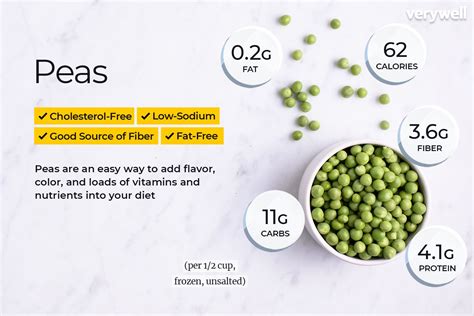
Key Nutrients in Peas
Some of the key nutrients found in peas include: * Fiber: Peas are a good source of dietary fiber, containing both soluble and insoluble fiber. * Protein: Peas are a good source of protein, making them an excellent choice for vegetarians and vegans. * Vitamin K: Peas are a rich source of vitamin K, a essential nutrient that plays a critical role in blood clotting and bone health. * Folate: Peas are a good source of folate, a B vitamin that is essential for cell growth and development. * Manganese: Peas are a good source of manganese, a mineral that plays a critical role in enzyme function and antioxidant defenses.Health Benefits of Peas
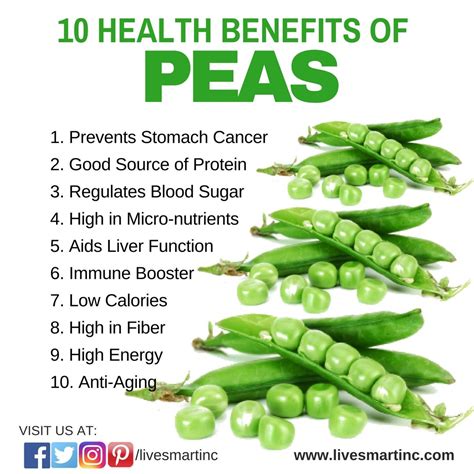
Peas and Heart Health
Peas are also a great choice for those looking to support heart health. The fiber, protein, and various essential vitamins and minerals in peas can help to lower cholesterol levels, reduce blood pressure, and improve overall cardiovascular health. The antioxidants and polyphenols in peas can also help to reduce inflammation and improve blood vessel function, reducing the risk of heart disease and other cardiovascular disorders.Cooking with Peas
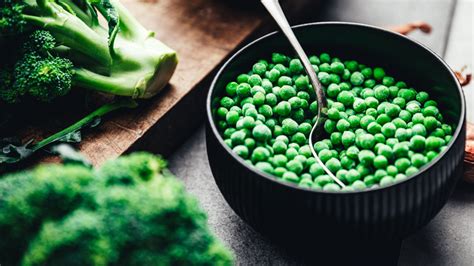
Pea Recipes
Some popular pea recipes include: * Pea soup: A simple and delicious soup made with peas, onions, and garlic. * Pea salad: A fresh and healthy salad made with peas, cherry tomatoes, and feta cheese. * Pea stir-fry: A quick and easy stir-fry made with peas, garlic, and ginger. * Pea carbonara: A creamy and indulgent pasta dish made with peas, bacon, and parmesan cheese.Pea Varieties
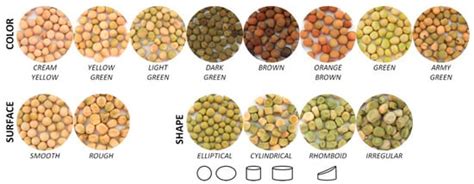
Growing Peas
Peas are a relatively easy crop to grow, requiring minimal maintenance and care. They can be grown in a variety of conditions, including containers and indoor gardens. Some tips for growing peas include: * Choosing a sunny location: Peas require full sun to partial shade, making them a great choice for gardens with plenty of sunlight. * Using a trellis: Peas are a climbing crop, requiring a trellis or other support to grow. * Watering regularly: Peas require regular watering, especially when they are producing pods. * Fertilizing regularly: Peas require regular fertilization, especially when they are producing pods.Pea Nutrition Facts
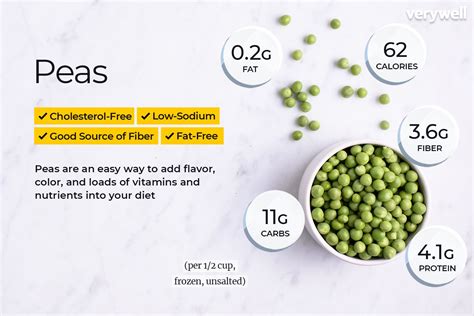
Pea Allergy
Some people may be allergic to peas, experiencing symptoms such as hives, itching, and swelling after consuming them. If you experience any of these symptoms, it's best to avoid peas and consult with a healthcare professional for further guidance.Conclusion and Next Steps

We hope you've enjoyed this article on the health benefits of peas. If you have any questions or comments, please don't hesitate to reach out. We'd love to hear from you and help you on your journey to healthy eating.
What are the health benefits of peas?
+Peas are a nutrient-dense food that provides a range of essential vitamins, minerals, and antioxidants. They can help reduce inflammation, support healthy digestion, and reduce the risk of certain diseases.
How do I cook with peas?
+Peas can be cooked in a variety of ways, including boiling, steaming, stir-frying, and roasting. They can be added to soups, stews, salads, and pasta dishes for a burst of flavor and nutrition.
Can I grow my own peas?
+Yes, peas are a relatively easy crop to grow, requiring minimal maintenance and care. They can be grown in containers or indoor gardens, and require full sun to partial shade and regular watering.
What are some popular varieties of peas?
+Some popular varieties of peas include garden peas, snow peas, snap peas, and split peas. Each variety has its own unique characteristics and uses, and can be used in a variety of dishes.
Can I be allergic to peas?
+Yes, some people may be allergic to peas, experiencing symptoms such as hives, itching, and swelling after consuming them. If you experience any of these symptoms, it's best to avoid peas and consult with a healthcare professional for further guidance.
